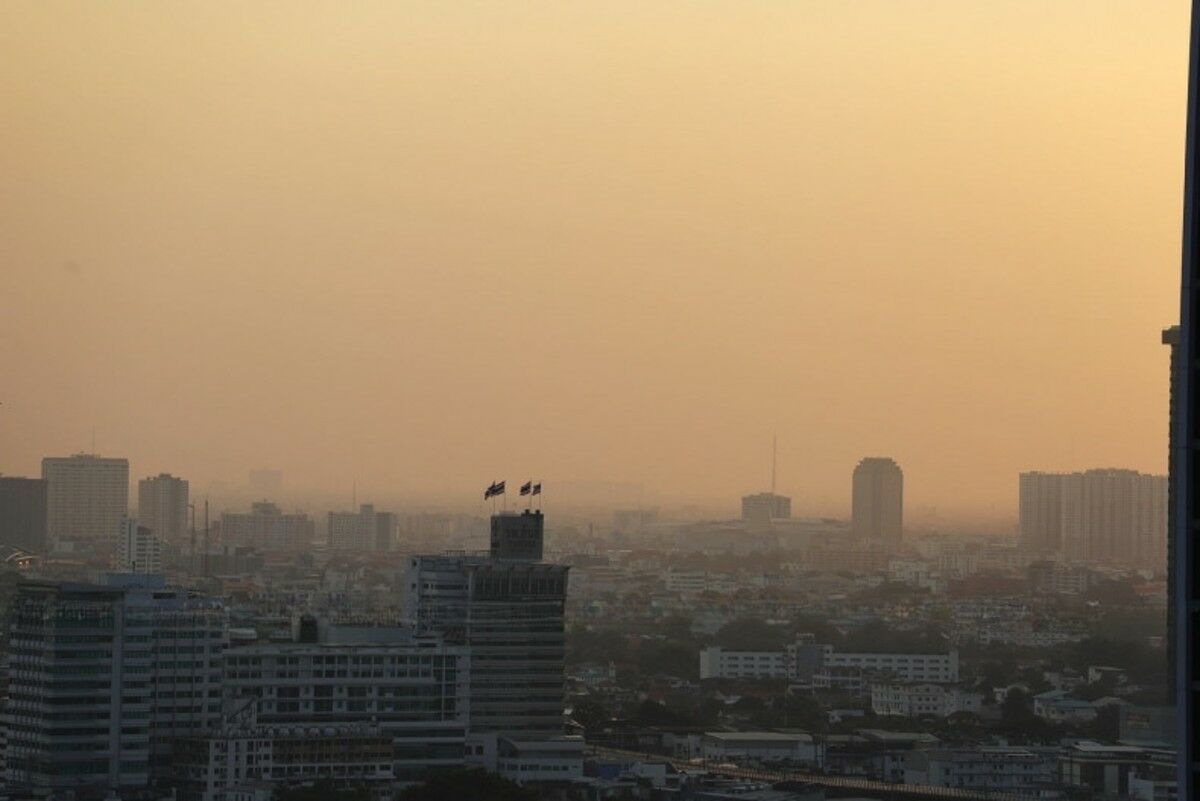Bangkok campaign targets rice field burning to combat air pollution

Bangkok’s governor, Chadchart Sittipunt, has announced a campaign to eliminate burning in rice fields to tackle air pollution caused by fine particulate matter (PM2.5).
The initiative, launched yesterday in Nong Chok district, aims to address the issue across 80,000 rai of rice paddies and 4,000 farming households in 10 districts, including Nong Chok, Khlong Sam Wa, and Lat Krabang.
Over the last three years, the Bangkok Metropolitan Administration (BMA) has introduced measures to curb rice field burning, leading to a significant reduction in affected areas. The area burned post-harvest decreased from 5,625 rai in 2022 to 1,582 rai in 2023, and further down to 625 rai last year.
Chadchart emphasised that the BMA aims to achieve zero rice field burning by 2026, with the cooperation of farmers. Strategies include promoting the use of straw balers to repurpose stubble for sale or reuse and increasing the use of microorganisms to decompose straw, working in collaboration with the Agriculture and Land Development Departments.
Additionally, the BMA, in partnership with the Environmental Office, will monitor fire hotspots in real-time using data from NASA’s Fire Information for Resource Management System (FIRMS). District offices will be alerted for immediate action when hotspots are detected.
Farmers will receive training in composting rice straw, cultivating mushrooms on straw, and finding alternative uses to discourage burning and add value to dried straw.
Chadchart highlighted three primary sources of PM2.5 in Bangkok: traffic-generated dust, stagnant air that traps pollution, and rice field burning. He noted that despite low traffic, Nong Chok experiences PM2.5 levels similar to central Bangkok due to inadequate ventilation and paddy burning.
Yesterday, Bangkok faced severe air pollution, with PM2.5 levels ranging from 37.6 to 74.9 microgrammes per cubic metre, surpassing the safety limit of 37.5 microgrammes per cubic metre. Nong Khaem recorded the highest levels, and the Pollution Control Department anticipates high pollution levels across Greater Bangkok in early February, reported Bangkok Post.
Latest Thailand News
Follow The Thaiger on Google News:


























